
Nepal Sends Tariff Proposal for Power Export to Bangladesh
Nepal has taken a significant step forward in its plans to export electricity to Bangladesh by proposing a tariff for the power trade, marking progress towards what would be the first-ever electricity trading agreement between the two nations.
Both Nepal and Bangladesh have already reached a preliminary agreement to export 40MW of electricity from Nepal to Bangladesh. This initiative gained momentum following assurances from Nepal’s southern neighbor, India, during Prime Minister Pushpa Kamal Dahal’s visit in May-June last year.
Given the geographical positioning of Indian territory between Nepal and Bangladesh, the involvement of India in facilitating energy trade between the two countries becomes crucial.
Pradeep Kumar Thike, Deputy Managing Director overseeing power trade at the Nepal Electricity Authority (NEA), disclosed that Nepal recently submitted a tariff proposal to Bangladesh in a sealed envelope. Although Thike refrained from revealing the exact tariff, it is speculated to be in line with the rate charged to India under a five-year power purchase agreement, potentially falling below Rs10 per unit.
The recent developments follow Nepal being granted approval by India last September to sell 110MW of power generated by two hydropower projects to India, underscoring the region’s growing energy cooperation.
Negotiations with Bangladesh regarding the tariff represent the final stage before the anticipated signing of a tripartite agreement involving Nepal, Bangladesh, and India for electricity export. The agreement is expected to pave the way for Nepal’s inaugural power exports to Bangladesh, scheduled from June 15 to November 15.
Details of the power delivery to Bangladesh have also been outlined, with Nepal designating a 400kV substation at Muzaffarpur in India as the delivery point. Moreover, Bangladesh will bear the transmission charges of Indian transmission infrastructure, in accordance with India’s open access rules.
In a bid to incentivize prompt payment, Nepal has offered concessions in the billing process, with discounts available for early settlements. Conversely, delayed payments may attract higher tariffs, reflecting Nepal’s efforts to streamline the energy trade process.
While Nepal’s power exports have primarily been to India, the collaborative vision between Nepal, India, and Bangladesh aims to expand energy cooperation beyond bilateral ties.
Thike emphasized the potential for increased power exports to Bangladesh, suggesting the possibility of scaling up based on future agreements and transmission infrastructure capacity.
Bangladeshi Ambassador to Nepal, Salahuddin Noman Chowdhury, expressed Bangladesh’s eagerness to purchase more power from Nepal, citing the growing demand that exceeds the current domestic generation capacity. Chowdhury suggested that Nepal’s supply could help bridge the shortfall, underscoring the mutual benefits of cross-border energy cooperation.
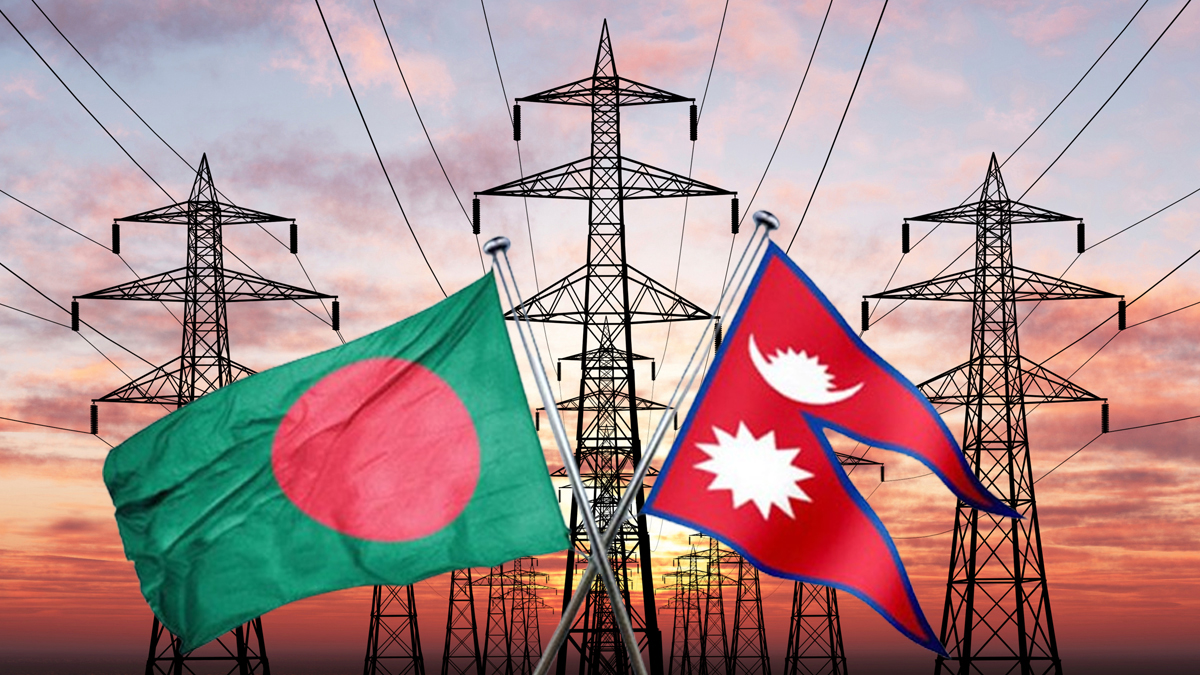
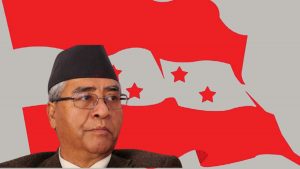


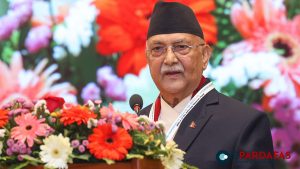

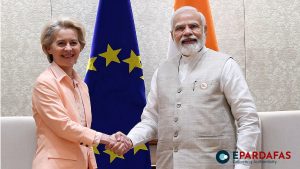

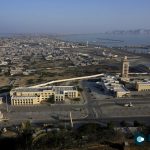




Comments